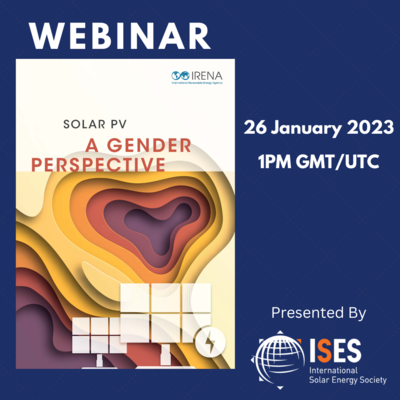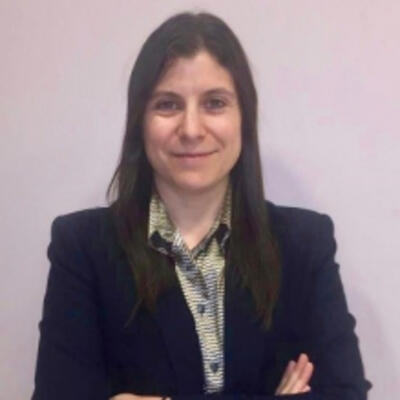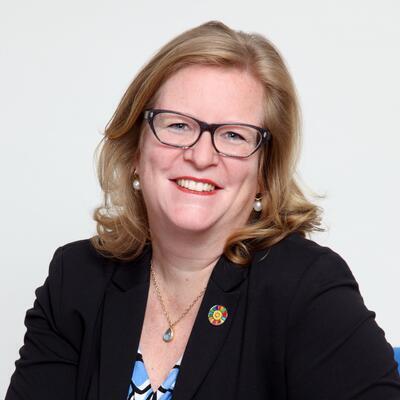
Solar PV: A Gender Perspective - New IRENA Report
In this webinar, invited speakers and discussants present the latest instalment of the IRENA Gender Perspective Series, this time focussing on the aspect of gender in Solar PV.
Since 2017, IRENA has explored opportunities to improve the gender balance in the global energy transformation, first by deploying a gender lens in most of the agency’s publications dealing with the socio-economics of the energy transition, and second by researching ways to maximise the socio-economic dividends of gender mainstreaming in stand-alone reports.
The Gender Perspective series is an integral part of IRENA’s extensive research work on the effects of renewable energy deployment during energy transitions. The initial focus on employment creation and skills was expanded over time to cover other socio-economic elements such as gross domestic product, broader measures of welfare, local economic value creation, improved livelihoods and gender-differentiated impacts.
The 2022 report presented in this webinar evaluates the role of women in the solar PV industry using the largest sample of global responses
on solar PV energy and gender gathered to date. Based on our survey of some 1 300 individuals and organisations, it reports the share of women in the industry (40%), highlights the barriers and opportunities within the sector, and flags the similarities and differences between the solar PV workforce and the previously analysed sectors.
Find the full 2022 report here.
The webinar is scheduled for 90 minutes and will include a Q/A session for questions from the audience. The recording of the webinar as well as all presentations will be made available in the ISES webinar achieve.
Speakers
Celia García-Baños

Celia García-Baños is a Programme Officer, in the International Renewable Energy Agency (IRENA)’s Knowledge Policy and Finance Centre in Abu Dhabi. Celia is a Chemical Engineer from the Industrial Engineering School of the Technical University of Madrid. She holds a Masters in Water and Environmental Engineering from Masdar Institute. Within IRENA’s Policy Unit, she works on a diverse range of subjects, in topics related to policy assessment and socio-economic impacts of renewable energy, including gender. In this regard, Celia’s efforts focus on producing up-to-date and authoritative renewable energy gender data and on identifying best practice within the renewable energy sector to achieve an inclusive global energy transition.
Christine Lins

In May 2017, Christine Lins co-founded GWNET, the Global Women’s Network for the Energy Transition, which aims at empowering women in the sustainable energy sector.From July 2011 until April 2018, Christine was working as Executive Secretary of REN21, the Renewable Energy Policy Network of the 21st Century, headquartered at the United Nations Environment Programme in Paris/France. Between 2001 and 2011, Christine served as Secretary General of the European Renewable Energy Council in Brussels. Previously, she worked in a regional energy agency in Austria promoting energy efficiency and renewable energy sources.
Aline Kirsten Vidal de Oliveira

Aline Oliveira is the Vice-President of the Brazilian Association of Solar Energy (ABENS) and the Director of External Relations in the Photovoltaic Collaborative to Advance Multi-Climate Performance and Energy Research (PVCAMPER). She is also a Co-Founder of the Brazilian Network of Women in Solar Energy (Rede MESol), an organization supporting women working with solar energy in Brazil. Since 2017, she has been a researcher at the UFSC Solar Energy Research Laboratory, where she is currently doing her PhD with a focus on the inspection of photovoltaic plants. There, she works in R&D projects in the area of photovoltaics, energy storage, green hydrogen and electrical vehicles.